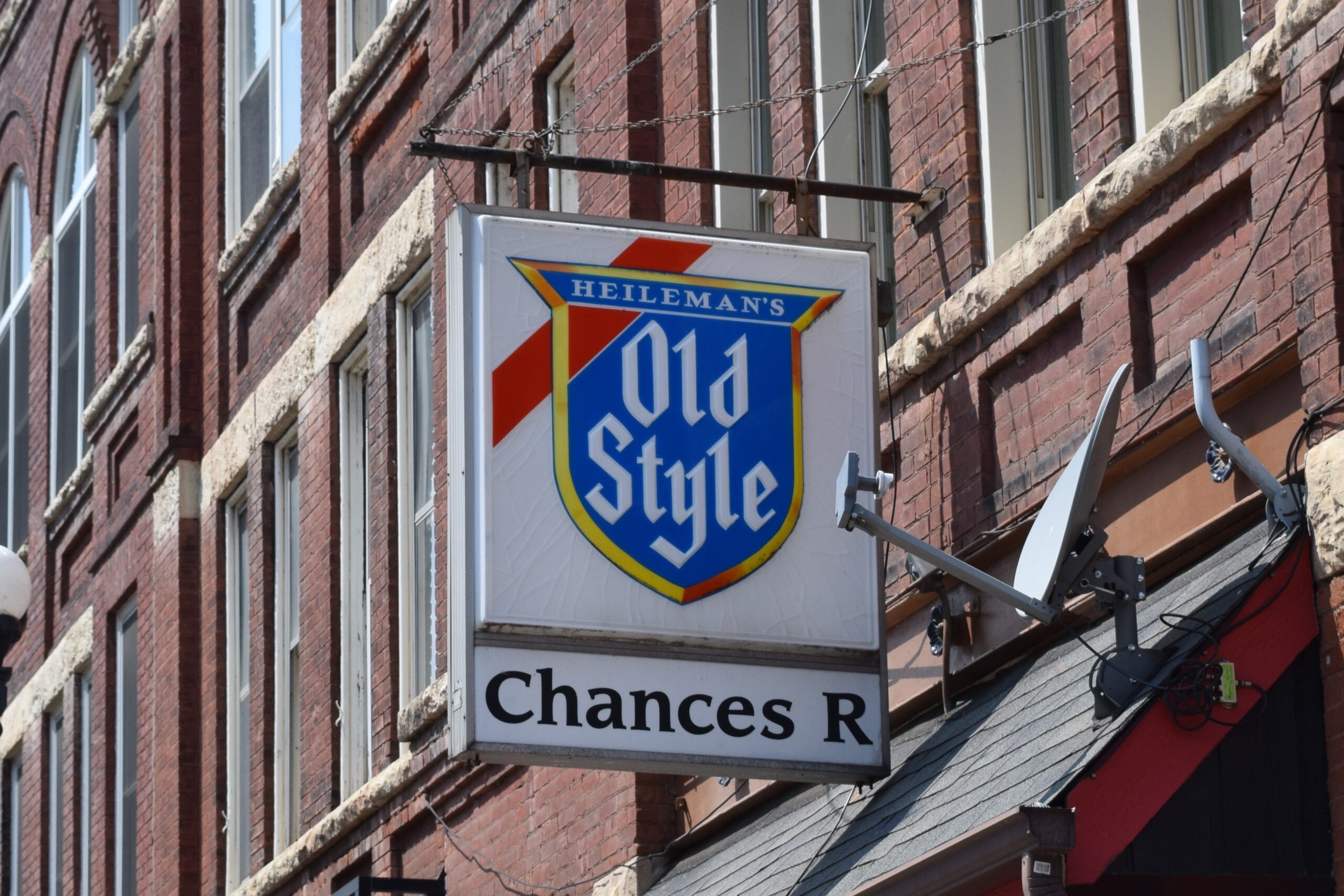The La Crosse City Council is considering a ban on “all-you-can-drink” specials at bars.
The proposed ordinance would prohibit selling an unlimited amount of alcohol for a fixed price, selling three or more drinks for the price of one and contests involving alcohol.
In 2002, Madison considered a similar ban before local bars signed an agreement to cut back on specials. But the bars ended the agreement two years later after being sued for price fixing.
Stay informed on the latest news
Sign up for WPR’s email newsletter.
La Crosse leaders say they expect support from business owners and the community for the new ordinance.
“(Bar owners) don’t like the environment where you have these ‘all-you-can-drink specials’ because it’s hard competitively,” said councilman Bob Seaquist. “You have people who have been at these (events), and then come into their bar, and they’re not servable or sober, and they’re breaking furniture, vandalizing, whatever else.”
Seaquist said excessive drinking is not a new issue in La Crosse, but little has been done to address the problem.
“This is something that has been talked about, people realize it every time we have someone drown, every time there’s a serious alcohol-related accident,” Seaquist said.
According to the University of Wisconsin-Madison’s Population Health Institute, 26 percent of adults in La Crosse County report excess drinking. That’s one of the highest percentages in the state.
“Wisconsin is always among the worst for binge drinking across the U.S., so it kind of ranks (La Crosse) among the worst of the worst,” said Kate Konkle, associate researcher at the institute.
Konkle said similar restrictions on drink specials have had positive results in other communities.
“There is some evidence that this in fact does reduce excessive drinking, and that it may also potentially reduce under age drinking, reduce alcohol related crashes, and improve health outcomes,” Konkle said.
Wisconsin Public Radio, © Copyright 2024, Board of Regents of the University of Wisconsin System and Wisconsin Educational Communications Board.





